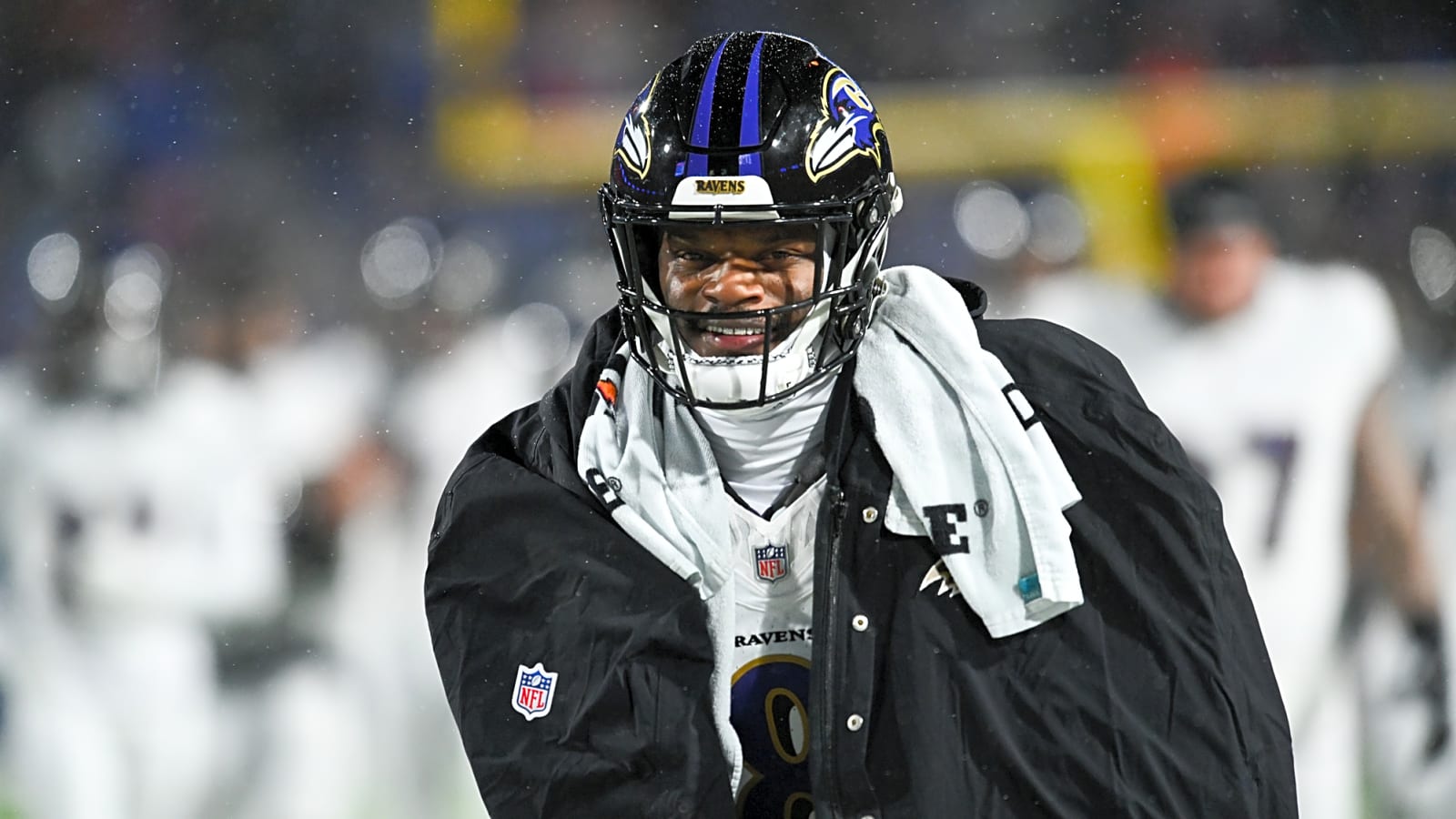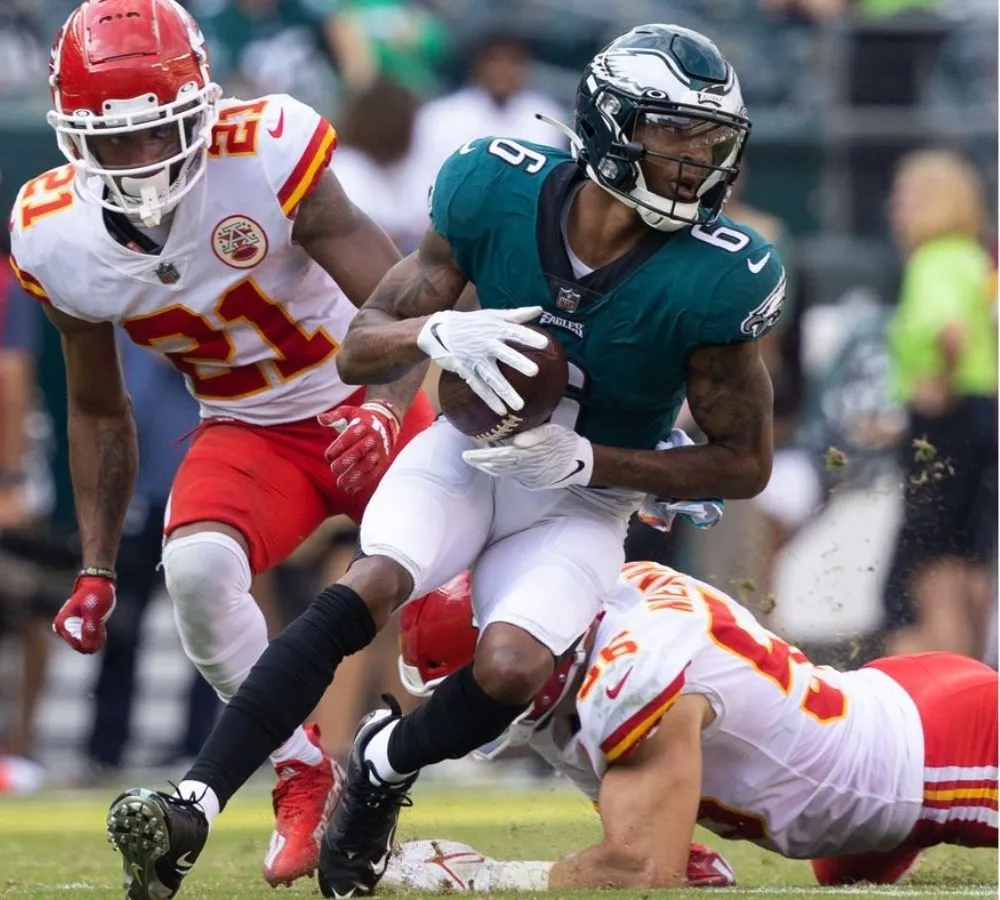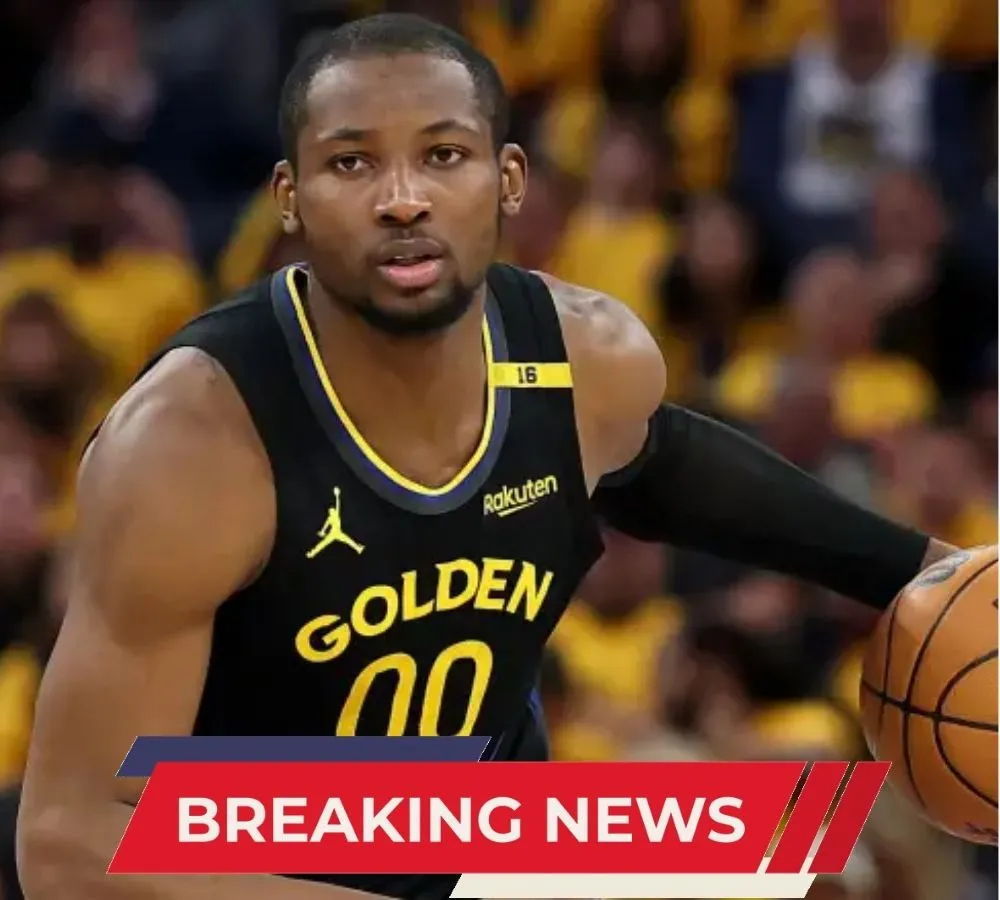When Drew Rosenhaus speaks, people in football listen.
The veteran NFL agent has negotiated over $7 billion worth of contracts in his career, representing some of the biggest names to ever play the game — from Terrell Owens and Antonio Brown to Rob Gronkowski and Tyreek Hill. He was once the youngest registered sports agent in the league and has since become one of its most powerful figures.
So when Rosenhaus gives his perspective on whether players should represent themselves in contract negotiations, it carries significant weight.

And he did exactly that in his recent appearance on the With The First Pick podcast, when Rosenhaus was asked about the growing trend of players choosing to bypass traditional representation in an effort to save money — a reference to the commission percentage agents typically earn.
On this discourse, one of the first names that come to our minds is of Lamar Jackson, the two time NFL MVP, who famously negotiated his own contract with the Baltimore Ravens in 2023 — a five-year, $260 million deal — with assistance from his mother, Felicia Jones, but no certified NFL agent.
While Jackson’s deal made headlines and even drew praise for its structure, Drew Rosenhaus believes going that route is rarely the best move for most athletes. “I’ll say this in an unbiased capacity,” Rosenhaus began. “I do think having an agent is very beneficial.”
He went on to explain that beyond the percentage agents earn, the real value lies in everything else they do behind the scenes. “An agent can help prepare players for the draft, help prepare for interviews, help prepare for workouts — the Senior Bowl, Combine, Pro Day — manage injuries, talk to teams, and answer any questions they might have about legal background.”
Rosenhaus even cited a recent example to prove this point. Abdul Carter, one of his clients in this year’s draft, who was dealing with a stress reaction injury and couldn’t work out at either the Combine or his Pro Day.
“A lot of teams felt like he would need surgery. There was a lot of media attention. Just managing all of that for Abdul and dealing with teams, I know for a fact, was very productive.”
The veteran agent was also Shilo Sanders’ go-to choice mid-draft, post which he was picked up by the Tampa Bay Buccaneers. So when it comes to rookies, Drew Rosenhaus’ words are worth their weight in gold.
But his point didn’t end with rookies. When it comes to veteran players, Drew Rosenhaus emphasized how difficult it can be for an athlete to negotiate directly with teams.
“Players have to make an argument that they deserve the maximum amount of money… and teams have to manage the salary cap,” he explained. “A lot of the conversation is: ‘Look, you’re not worth what you’re asking for.’ That can be very awkward.”
That’s where agents step in.
“When you’re able to have those discussions with agents instead of directly with a player… the good agents will soften that and keep it positive and keep it moving in a good way.”
While Rosenhaus acknowledged that players like Lamar Jackson can and have made it work without formal representation, he firmly believes that those are the exceptions, not the rule.
“I don’t see a downside,” Rosenhaus concluded, “for the percentage that we get.”
With this coming from someone who has handled hundreds of delicate negotiations and represents over half a dozen players working on extensions right now, that’s not just promotional talk. That’s experience.



